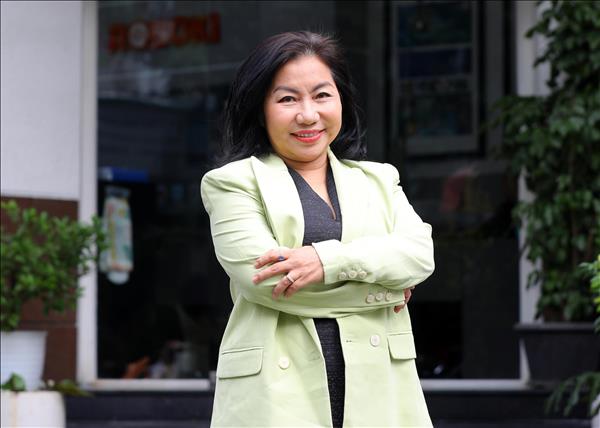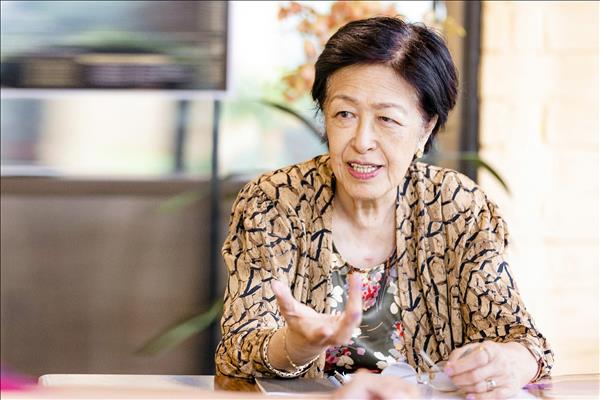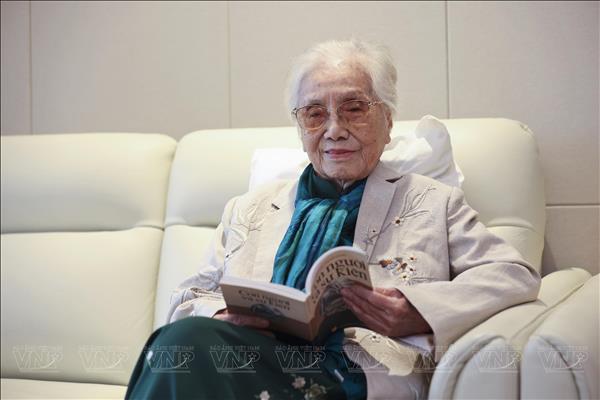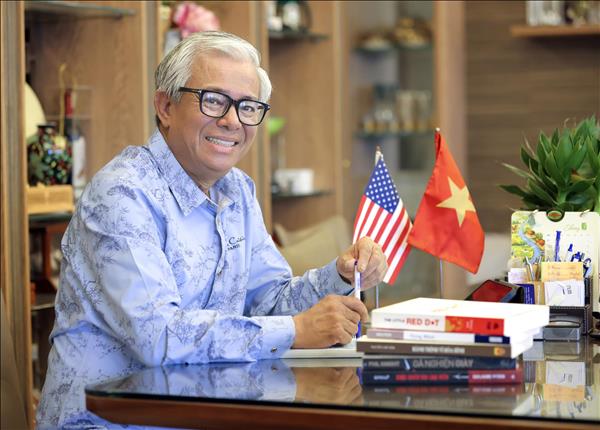| Prof. Pham Song Born in 1931 in Huong Son District, Ha Tinh Province. In 1956: Graduating in cardiology from the Hanoi Medical University In 1982: Director of the Vietnam-Soviet Union Friendship Hospital From 1988 to 1992: Minister of Health Now: President of the Vietnam Medical Association and President of Vietnam Infectious Disease Association He is the author and editor of many renowned medical books, such as a pathology dictionary (four volumes, 2008); HIV/AIDS: General, revised and modern (the book was awarded a gold prize for an interesting book in Vietnam in 2010) In 2000: Awarded the Ho Chi Minh Prize in science and technology In 2000: Elected as a member of the Russian Academy of Medicine In 2006: Awarded the title “Eminent Scientist of the Year” for his lifetime devotion to medicine, by the American Biography Institute |
Although he works in the difficult area of infectious diseases, Prof. Pham Song is a sensitive man. He loves literature and the arts. During his talks with us he mentioned famous writers he loves, such as Balzak, Dicken, Tolstoi and Victor Hugo. He said that the literary works by these writers had a great impact on the outlook on life of medical workers in Vietnam. Prof. Pham Song has a special love for writers Shekkov and Lo Tan who were also excellent doctors. He said that it was these writers who made him aware of and devoted to medicine.
Prof. Pham Song came to infectious diseases by chance. In 1958, while he was working as a heart specialist he was assigned to study virology and bacteriology by the then Minister of Health, Dr. Pham Ngoc Thach (1909-1968). He immediately embarked on a new medical road. He went to Romania to study virology at the National Institute of Virology. Later he studied liver infections in the Netherlands and studied immunology in Switzerland. Back home after completing all courses, he was assigned to work as Head of the Infectious Disease Department at the Vietnam-Soviet Union Friendship Hospital and worked there for 18 consecutive years (1966-1984).
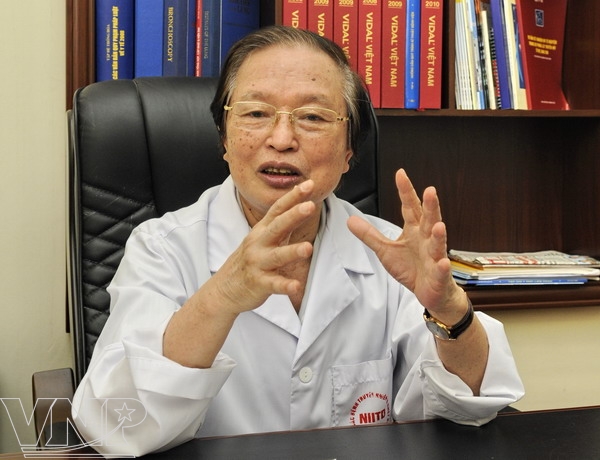 Prof. Pham Song, April 2011. Photo: Tran Thanh Giang 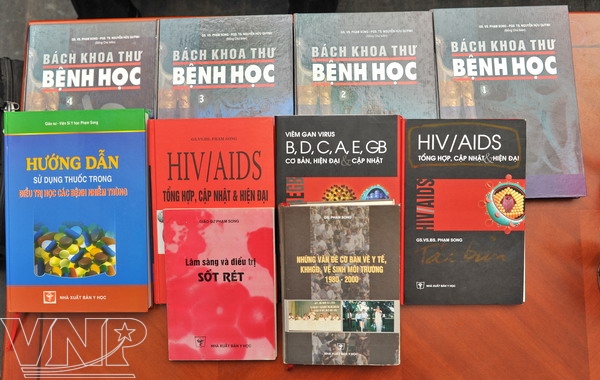 Medical books written by Professor Pham Song. Photo: Tran Thanh Giang 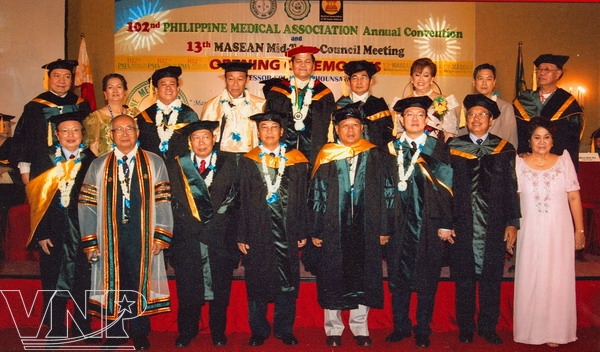 Prof. Pham Song (1st on left, front row) and other members of the ASEAN Medical Association at the 102nd Philippines Medical Association Annual Convention. Photo: File 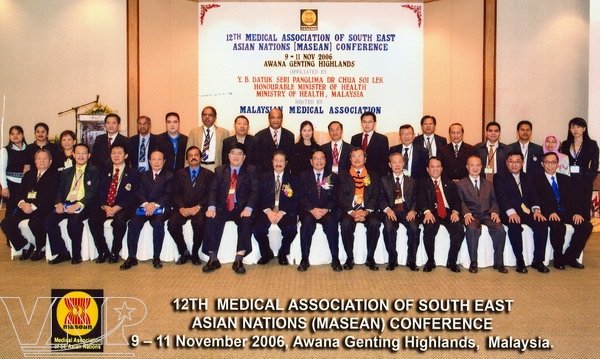 Prof. Pham Song (4th on left, front row) at the 12th Medical ASEAN Conference in Malaysia (December 2006). Photo: File 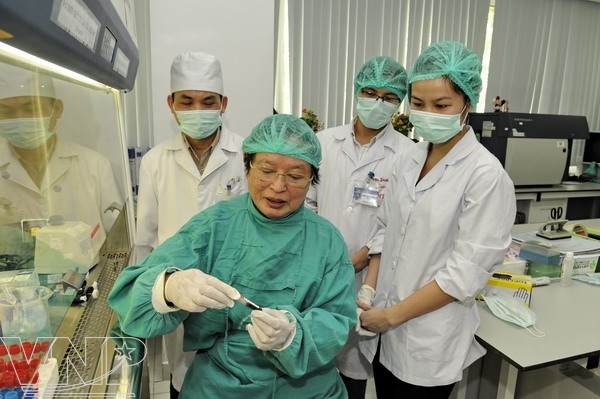 Prof. Pham Song instructs young cadres at the molecular biology laboratory of the National Institute of Infectious and Tropical Diseases. Photo: Tran Thanh Giang 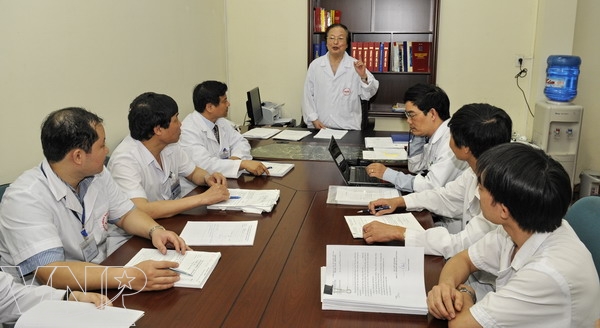 Prof. Pham Song works with members of the group compiling Vietnam’s Medical Dictionary, regarding infectious diseases. Photo: Tran Thanh Giang |
Prof. Pham Song said that science in the health sector must not only be built on the basis of theory, but it also requires pathological reality. He focused on carrying out many highly sophisticated scientific projects. In the 1980s, in Vietnam and many other countries in the world there were many people who had malaria caused by Plasmodium falciparum. He and his colleagues researched the extraction of Artesiminin and its derivatives, which are useful in malaria prevention, from Thanh hao hoa vang plant (Artemisia annua L). In 1988 he was successful in producing 37kg of Artesiminin. Two years later his programme to produce Artesiminin was approved, which yielded three tonnes of Artesiminin.
After practical tests were successful in many cities and provinces, in 1990 the Ministry of Health allowed using Artesiminin in malaria treatment. Nine years later, the World Health Organization (WHO) recognized and selected Artesiminin as the top medicine to treat malaria caused by Plasmodium falciparum. This success has been included in the book “New Technological Science and Human Development in the World”, published by the United Nations. The book reads: “Vietnam knows how to combine traditional and modern experience, making an important contribution to drastically reducing the death rate caused by malignant malaria”. Now, Vietnam is exporting Artesiminin to African and European countries.
Prof. Pham Song also has a special vision. Vietnam has a tropical climate with monsoons which facilitate the development of tropical contagious diseases. He suggested establishing the National Institute of Infectious and Tropical Diseases and became the first director of the institute. The institute has made an important contribution to preventing and fighting many dangerous contagious diseases. In 2003 when the epidemic of severe acute respiratory syndrome (SARS) spread throughout the world, Vietnamese scientists in the infectious disease sector found ways to curb the disease and became the first country in the world to successfully end the SARS epidemic.
Prof. Pham Song also suggested establishing the National Committee for HIV/AIDS Prevention and Control at a time when there were no HIV-infected patients in Vietnam. Later he made great contributions to the establishment of other important medical organizations, such as the Vietnam National Heart Institute and the Institute of Psychiatry and Rehabilitation Department (in Bach Mai Hospital).
Now, over 80 years of age he still nurtures research plans. He has established many scientific projects in different areas, such as HIV/AIDS prevention and control, community healthcare, population and family planning and reproductive health. There are few people who are as old as Prof. Pham Song and are still as absorbed in their work like him. Every day he spends much of his time working on the computer, accessing the internet, reading books and newspapers and seeking references to write a book.
When we visited him he was working on a draft of the “Medical Encyclopedia” compiled by him and hundreds of scientists. He is the chief editor of the book which will be published soon. The work and passion for scientific research of Prof. Pham Song is extraordinary, despite his old age and the challenges of time.
Story: Huu Tuan - Photos: Tran Thanh Giang – File
Story: Huu Tuan - Photos: Tran Thanh Giang – File

